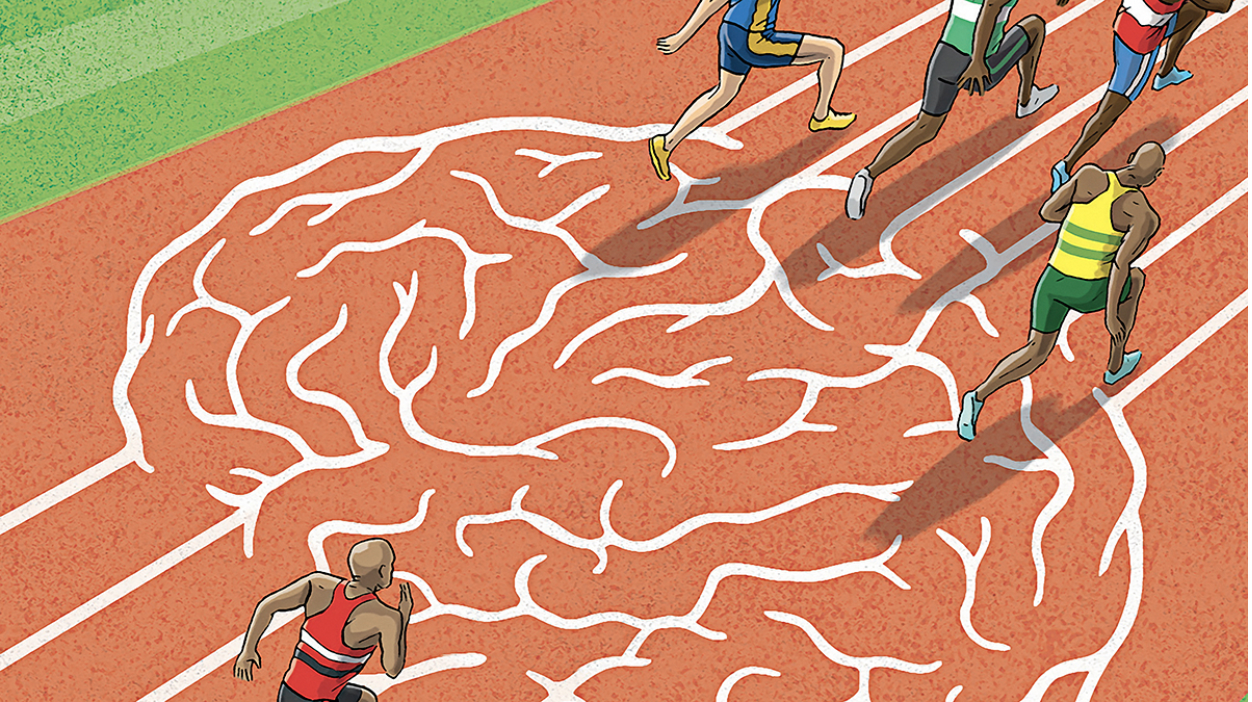It’s no secret that playing a collegiate sport requires athletes to be at the pinnacle of physical health. However, in recent years, it’s become apparent that in order for athletes to reach peak performance, they must acknowledge and prioritize their mental health too. USM’s Athletic Department and Mental Performance Coach Jim Karcanes are on a mission to end the stigma around mental illness in athletics here at USM by encouraging more athletes to seek help when they need it.
Karcanes works with student-athletes to ensure that their mental health is on par with their physical health because he believes the two are equally important for ensuring that athletes perform to the best of their ability. On top of busy sports schedules, college athletes are full-time students. Combined, these two commitments can cause a lot of stress. Karcanes advises that the best way for student-athletes to manage stress is to focus on what they have control over rather than what they don’t. These include “the amount of sleep that they get each night, their physical activity level, the people and influences they surround themselves with, the amount of time spent on social media, and how they prioritize and meet their obligations.”
Jim commends the effort USM has put into the counseling center in the past couple of years, including offering a wide range of programs and events for all students and faculty to participate in that promote mental health. The Athletic Department has followed suit by offering more resources and opportunities for athletes to improve their mental well-being. Karcanes himself is one of these key resources– he holds open office hours for student-athletes to work out problems they may be facing as well as to learn mental health skills and coping strategies. He also holds a Mindfulness for Athletes class on Monday evenings where he helps athletes work through anxiety, improve focus, and master the skill of being present. He also works with teams on team building, conflict management, and goal-setting.
When a college athlete is injured, there are infinite resources available to them for getting better. This hasn’t always been the case with mental injuries however, as in the past there has been a stigma around college athletes discussing their mental state with coaches and teammates. Jim is hopeful that eventually visiting a counselor to discuss mental health will be as normalized as visiting the athletic trainer for an injury. “I’m not sure we can ever really end the stigma associated with seeking help for mental health concerns,” Jim states. “I do believe, however, that when prominent athletes start to speak up and share their mental health struggles–thus making it seem normal–other athletes may feel more comfortable seeking help.”

